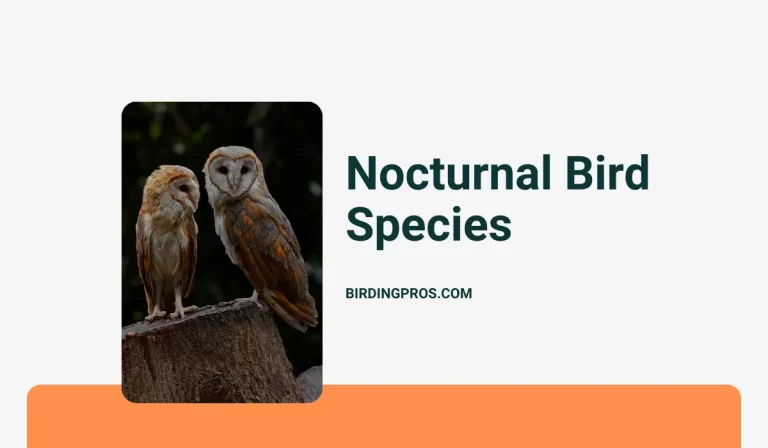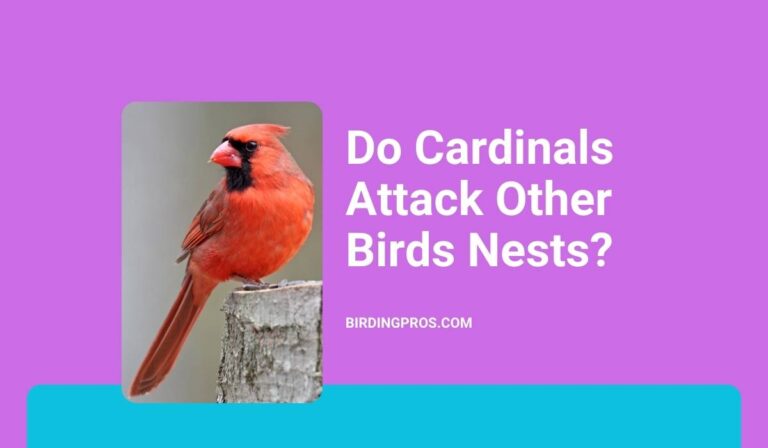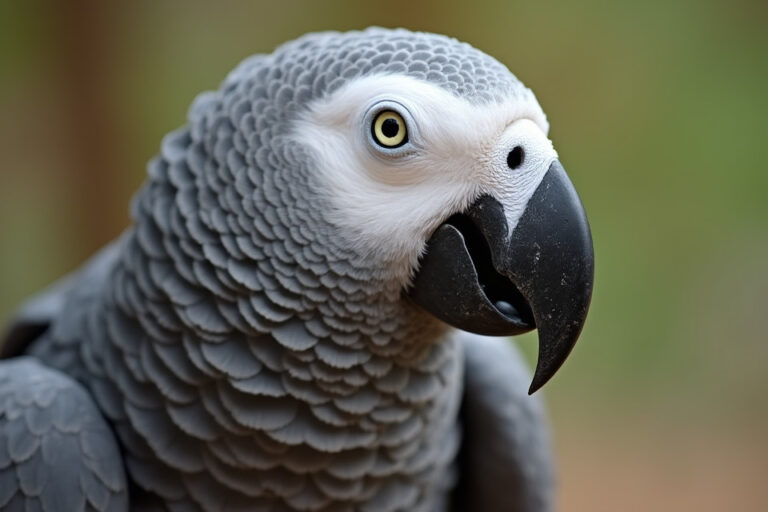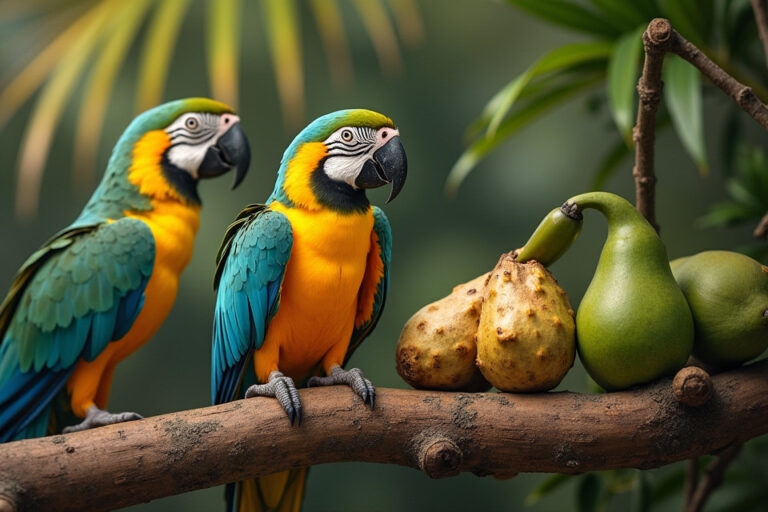7 Reason Why Do Parakeets Bob Their Heads
Relax mate! Its not a problem, Your budgie is likely bobbing his head because he’s excited, happy, or trying to get attention. Specially when they’re feeling playful or energetic.
Parakeets, also known as budgies, are colorful, social birds loved by pet owners worldwide. One of their most fascinating behaviors is head bobbing.
Whether you’re a seasoned parakeet owner or just curious, you might wonder: Why do parakeets bob their heads?
Head bobbing serves various purposes for parakeets, depending on the situation.
At a Glance
Introduction to Parakeet Behavior
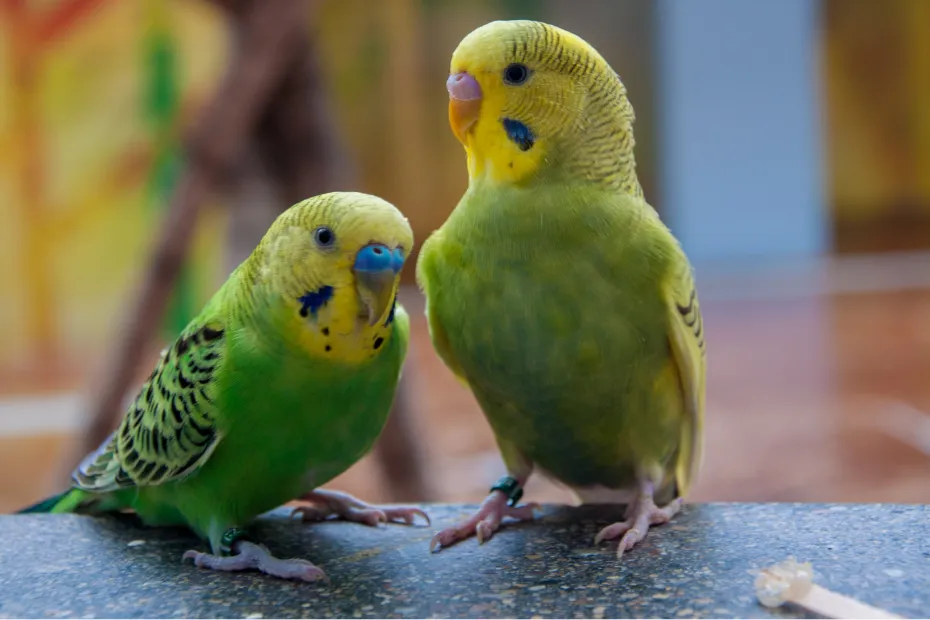
Parakeets are social birds that rely heavily on body language to communicate with their flock and human companions.
In the wild, parakeets live in large flocks, using sounds and movements, including head bobbing, to express emotions and intentions.
Observing this behavior in your pet, you can better understand and bond with your parakeet.
Why is my budgie bobbing his head?
Relax mate! Its not a problem, Your budgie is likely bobbing his head because he’s excited, happy, or trying to get attention. It’s a common behavior, especially when they’re feeling playful or energetic.
If your budgie is around other birds, it could also be a social behavior. Generally, head bobbing is normal and nothing to worry about. Below we listed some common facts:
Social Bonding
Head bobbing is often a friendly gesture among parakeets, signaling a desire for interaction. If your parakeet bobs its head while looking at you or another bird, it’s likely expressing affection or inviting social engagement.
Courtship and Mating
Male parakeets frequently bob their heads to attract females during mating season. This behavior is often paired with puffing feathers and singing, showcasing their energy and health.
Dominance and Territory
Parakeets may bob their heads to assert dominance or protect their space. In multi-bird households, this can help establish hierarchies, especially when new birds are introduced.
Seeking Attention
If your parakeet bobs its head while looking at you, it might be asking for attention, play, or interaction. This behavior is a way for them to say, “Look at me!”
Excitement and Playfulness
When excited or playful, parakeets will bob their heads rapidly. You might notice this behavior when they discover a new toy or during moments of high energy.
Instinctual Factors
Head bobbing can also be instinctive. Parakeets use head movements to balance or get a better view of their surroundings, a behavior rooted in their natural instincts.
Read More: Are There Cuckoo Birds in the USA? America’s Elusive Avian
Parakeet Body Language
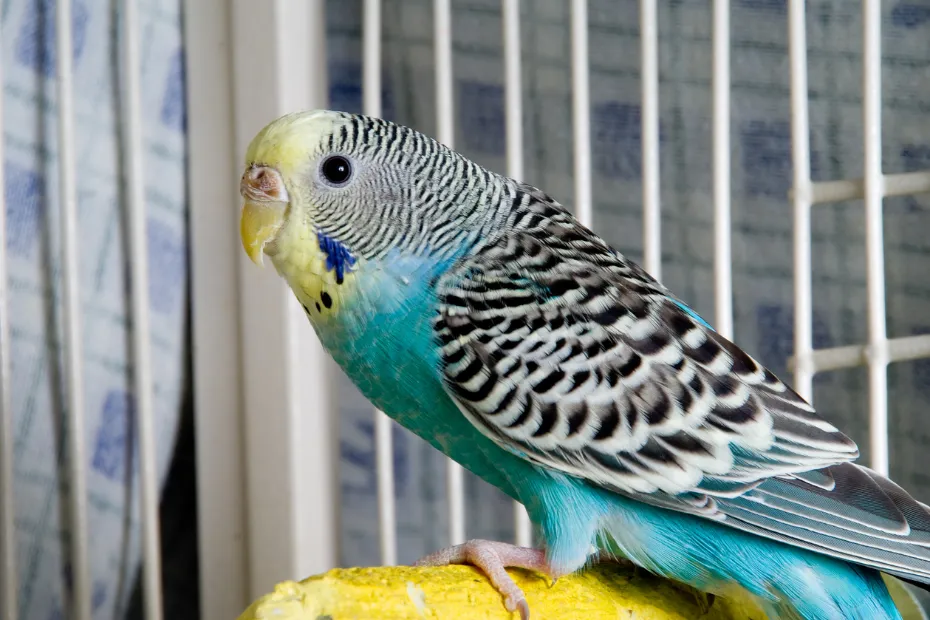
Head bobbing is just one part of a parakeet’s communication. They also do behaviors like tail wagging (happiness), beak grinding (contentment), or fluffed feathers (relaxation or illness), can give you more insight into your parakeet’s mood.
Head Bobbing and Vocalization
Head bobbing is often paired with vocalizations. If your parakeet bobs its head while chirping, it’s likely happy or excited. However, if it’s squawking loudly, it may be upset or seeking attention.
Health Concerns Related to Head Bobbing
While head bobbing is usually normal, excessive or erratic movements could signal health problems. If your parakeet’s bobbing is accompanied by lethargy or loss of appetite, consult a vet to rule out any issues.
Encouraging Healthy Communication
To foster healthy communication with your parakeet:
- Spend quality time with your bird daily.
- Offer toys and activities for mental stimulation.
- Pay attention to body language to understand its needs.
- Reward positive behavior to reinforce good communication.
Final Thoughts
Parakeet head bobbing is a fascinating aspect of their behavior, providing insight into their emotions and intentions.
Learning to interpret these movements, you can build a deeper bond with your feathered friend, ensuring a happy, healthy relationship.

